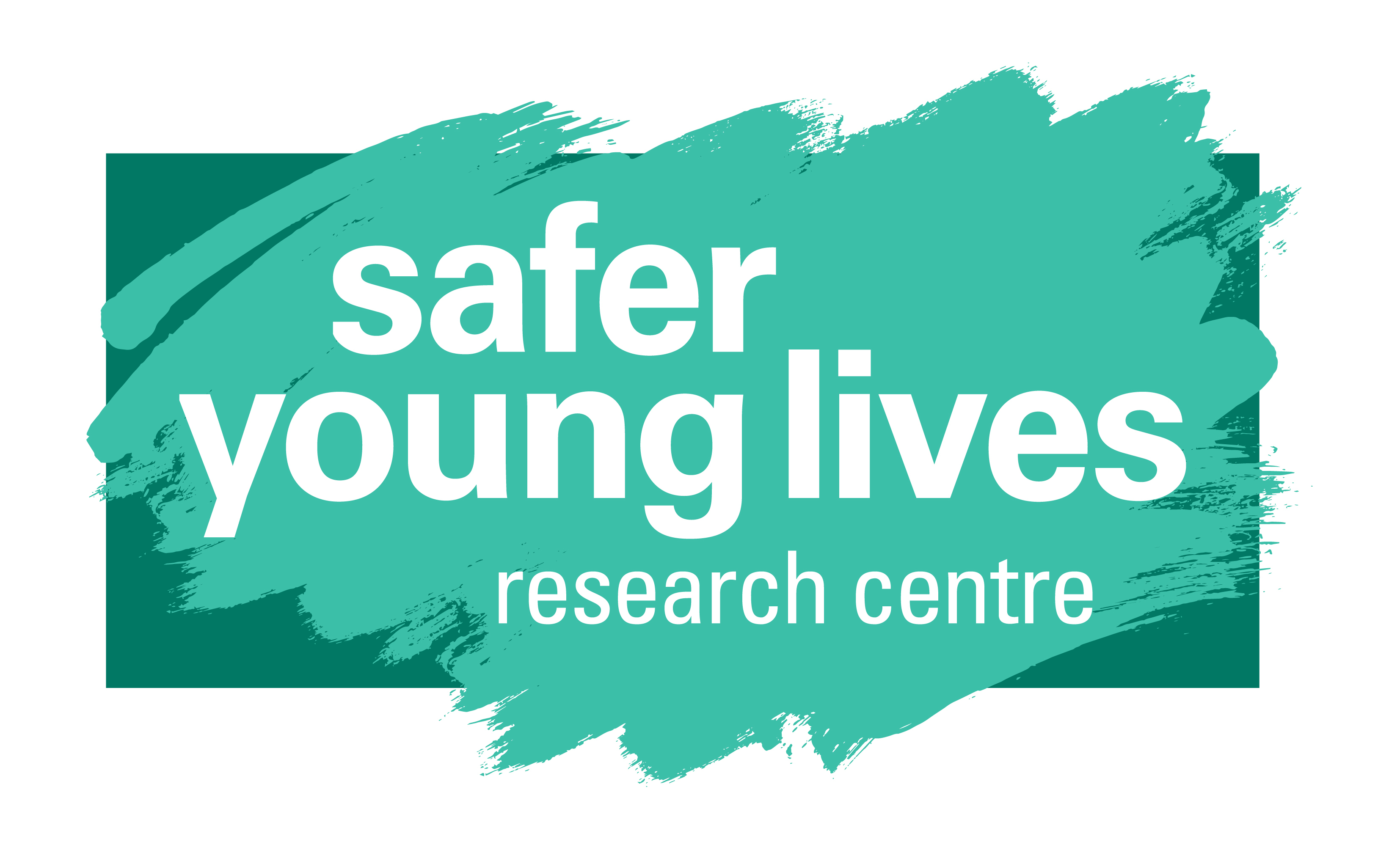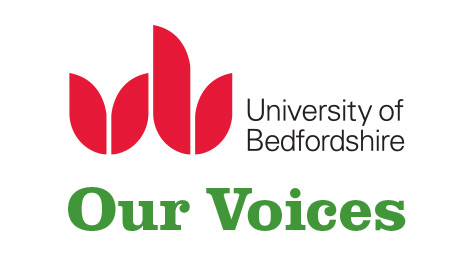Blog: UNESCO Youth as Researchers: A case for consideration

Professor Pat Dolan is the UNESCO Chair in Youth and Civic Engagement, based at the National University of Ireland, Galway. He has worked with and for families as a practitioner, service manager, and academic for over 35 years and has completed an extensive body of research on a range of family issues. His major research interests are Civic Engagement in Children and Youth, Family Support, Reflective Practice and Service Development, Youth Mentoring Models, Empathy Education, Prevention of Youth Radicalisation, Adolescents Resilience and Social Networks. Pat is a member of the Our Voices University Network (OVUN)’s leadership team – part of the Our Voices Programme at the University of Bedfordshire’s Safer Young Lives Research Centre
Whereas the importance of youth having a voice and their full participation in civic society has been gaining attention and support across many countries and is now seen as having value to civic society, the extent to which this happens or has actual meaning is less clear. It could be argued that in effect youth are listened to but not necessarily heard or, worse still, their views are ostensibly taken on board by policymakers but with no follow through it terms of tangible actions such as their living in less poverty, with better educational supports or health services. Many marginalised young people who, despite good intentions from others, often feel that although they have a ‘voice and view’, this actually doesn’t matter. This is particularly the case for many children and youth who have experienced sexual violence who are silenced through fear of shame, blame and recrimination and for whom access to supportive, believing services can be minimal if not non-existent.
However, this ‘map’ for youth participation leading to real action is not totally bleak and there have been some successes that have actually overcome barriers. Having established and developed a UNESCO Chair in Children Youth and Civic Engagement at the National University of Ireland some 12 years ago, I have been heartened by working with others - notably my colleague, Dr. Danielle Kennan - in co-founding the Youth as Researchers Programme (YaR) at our University in Galway, Ireland. YaR is an action research/advocacy programme delivered by, with, and for youth. Simply, we train youth as researchers and they move from being the subjects of research to the creators of it. In fact my initial interest in developing YaR stemmed from my experience of the limitations and sometimes failings of adult researchers in working with the topic of youth research, made most clear to me in certain cases of poor implementation of well-intentioned but poorly designed studies that ultimately did not deliver in terms of achieving true youth voice.

There are a number of specific advantages to a young person becoming the researcher, not least sharing that can be more authentic particularly in one to one interviews being led by one youth listening to the other rather than adult guided. Secondly, in terms of knowing language or ‘youth speak’ and other nuances, a young researcher is more likely to be attuned to responding to prompts from young participants. In terms of analysis of results, as well as dissemination and advocacy, having youth as designers and deliverers of the research will enable truer partnership and better parity of esteem, which can enable societal impact accruing from the research messages.
This is not to suggest that YaR is simplistic or without limitations and in some cases it is not fit for purpose. In terms of set up, youth need to be selected carefully, adequately trained in how to complete a research project; from understanding different methodologies, sampling techniques as well as learning about ethics, confidentiality, analysis of data, bias, and duty of care to respondents. All YaR projects are subjected to standard university ethics application processes and all aspects of the research must be fully overseen by adult research staff.
One additional particular aspect that is very powerful in respect of YaR has been the use of short videos to disseminate the research results. Rather than produce a long written report that may not be necessarily available to or read by the ‘masses’, youth create and use short 6-8 minute videos, which share the research results and its implications for youth, families, communities, policymakers and civic society. We have been very fortunate in having the support of renowned Irish actor, Cillian Murphy, who is Patron to the UNESCO Chair and who kindly narrates the videos as well as advising and working with the young people involved.
Overall, our experience in creating YaR over the last decade has been very positive indeed and well worth the journey (Kennan and Dolan, 2017; Dolan et al., 2017). Here are two examples from Irish YaR groups created in collaboration with Foróige - one of Ireland’s largest youth work organisations.
The first relates to a YaR project that explored attitudes to including hate speech towards Irish LGBTQI+ youth in Dublin and impact on youth mental health.

The second relates to the issue of rural Ireland and was initiated by homeless youth who wanted to research and highlight the issue of homelessness in rural Ireland and including youth female homelessness; two issues often overlooked within Irish Society.

The YaR project has gained international interest and in particular with the support of the UNESCO Chair at Penn State University, has grown not least with the development of a unique YaR project exploring the relationship between disconnected youth and their relationships with local police officers in downtown Philadelphia. This is another excellent example of how YaR can be effective.
Finally, it is worth noting that YaR has also now become a global project exploring the impact of the COVID-19 pandemic on youth, with 500 youth around the globe trained as youth researchers and working on 35 distinct research projects. This project which highlights the use of the YaR methodology is youth led and delivered in part under the guidance of UNESCO Headquarters in Paris (Ms Maria Kypriotou) and in particular the UNESC Regional Office in Asia (Dr. Susan Vize) along with the support of myself and fellow UNESCO Chair at Penn State, Professor Mark Brennan. Click here to find out more
So although the YaR has now gone global and is growing, it still comes back to basic principles – youth identify a social issue that requires social justice and action by society – they train as youth researchers and create a research question – design and deliver a study – use the results for social good and social justice – not just for their benefit but in the interest of us all.
Comment from Jenny Pearce
In this blog, Pat makes a clear and convincing argument of why children and youth should be active agents in setting research agendas, co-working and leading aspects of research projects and being involved with the development and dissemination of research outputs. The OVUN is committed to promoting participatory child and youth led research on sexual violence against children and youth. Many of the lessons and observations made by Pat are applicable to the work of OVUN and are being developed and refined to be used for research on sexual violence against children.
References
Dolan, P., Kenny, J. and Kennan, D. (2017) 'Activated Social Empathy for Child Welfare and Youth Development: A Case for Consideration'' In: P. Dolan and N. Frost (Eds)The Routledge Handbook of Global Child Welfare. London: Routledge. Chapter 25, pp 358-368.
Kennan, D., & Dolan, P. (2017) ‘Justifying children and young people’s involvement in social research: Assessing harm and benefit’ in Irish Journal of Sociology, 25(3), 29 pp.7–314. Available at DOI: 10.1177/0791603517711860






